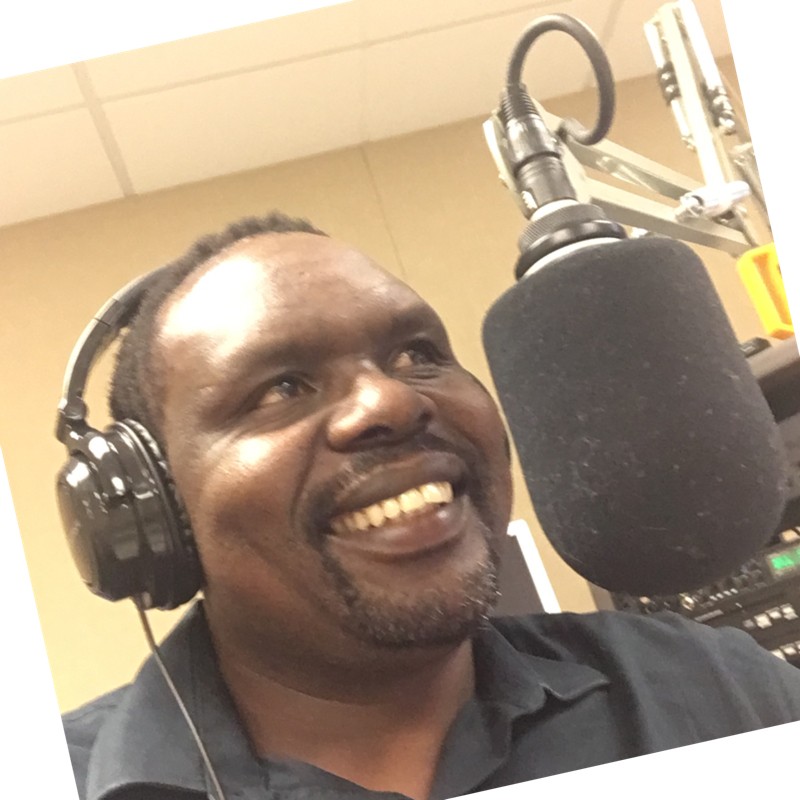Professionals, educators and government offi cials will convene in Dallas on Dec. 14 to discus how best to change the system from “know what” to “know how.”
If you went to school in Kenya, chances are that the sweet little story about Isaac Newton watching an apple fall from a tree was not told until you were in high school. And when that part of the story ended and your Physics
teacher started to talk about calculating the force of gravity, he probably pounded you on the head if you were
too slow to learn the equations.
At around the same time, you were also introduced to Chemistry and Biology. All three subjects, however, had
one thing in common with mathematics, which you had been learning since the fi rst year of primary school: No one
explained to you why you had to learn them. No one told you, for instance, that if you developed an understanding
of those sciences you could invent, say, a cure. So you crammed formulae into your brain, memorized the anatomy of
grasshoppers, passed exams – or not – and got out.
Dr. Macharia Waruingi, a Kenyan-born neurologist based in Boston,Mass., calls that the “know what” system of education, and he says it is one of the obstacles impeding progress in Africa.
“The most shocking example is in Kenya,” Dr. Waruingi says. “Kenya knows more about malaria than anybody in the world, yet the mortality is very high.”
The “know what” education is the reason Africa has doctors who went medical schools, but can’t perform procedures, and engineers who know everything about cars, but can’t build one, Dr. Waruingi says.
And that is why Kenyan professionals,entrepreneurs and government officials will gather at the Hyatt Regency at
300 Reunion Blvd W in Dallas, on Dec. 14 for a three-day conference to discuss how best to translate that “misused
education” into innovation. To turn the “know-what” into the “know-how,” according to Dr. Waruingi. The event
will be part of the seventh convention of the Kenya Development Network Consortium, on whose board he serves
as the executive director.
Dr. Makori Osoro, another Kenyan-born physician based in Dallas, agrees with Dr. Waruingi that there is a need
for radical reforms in Kenya’s education system.
“Our education system is meant to train people to be employees,” Dr. Osoro says. “We want to turn that
mentality around and teach people to become self-employed and employers.”
Dr. Osoro says the reform campaign has to start abroad because Kenyan citizens in the Diaspora have had the opportunity to see things done differently.
“We have been to colleges and universities outside Kenya and have seen different ways of doing things,” he says.
“That is an advantage we are ready to share.”
One area where Kenyan doctors in the Diaspora could help is in the control of the spread of HIV/AIDS, an area
where Dr. Osoro says “the stats are horrible.”
“It’s true that AIDS is on the decline in Kenya, but that is because people are dying,” Dr. Osoro says.
Dr. Osoro blames the AIDS deaths on the ineffectiveness of the plans put in place to eradicate the pandemic.
“One of the most shameful things is that the plans are developed in the West without input from Africans, or regard to how people would be impacted,” he says.
Dr. Osoro says the KDNC convention will be an important step toward involving Kenyan professionals who know much about their country. Some of the issues that will be discussed at the conference include a proposition to
come up with a way for Kenyans abroad to buy health insurance for their relatives at home.
Both Dr. Waruingi and Dr. Osoro acknowledge that reforming Kenya’s education system is no easy task. It will need the support of the government both financially and logistically. That alone may not be enough considering
Kenya, a country of more than 36 million people, has a GDP of only $20 billion. But Dr. Waruingi says the private
sector can help.
“Companies like Kenya Breweries have a lot of money but they are still operating the old fashion way,” Dr.
Waruingi says.
Such companies can be persuaded to fund research in universities, as do corporations in the West, he says. Already, Diaspora-based Highland Tea Company and Equity Bank, Kenya’s fastest growing fi nancial institution, have shown interest, Dr. Waruingi says.
About Edwin Okong'o - Mshale Contributing Editor
Edwin Okong'o is a Mshale Contributing Editor. Formerly he was the newspaper's editor.




